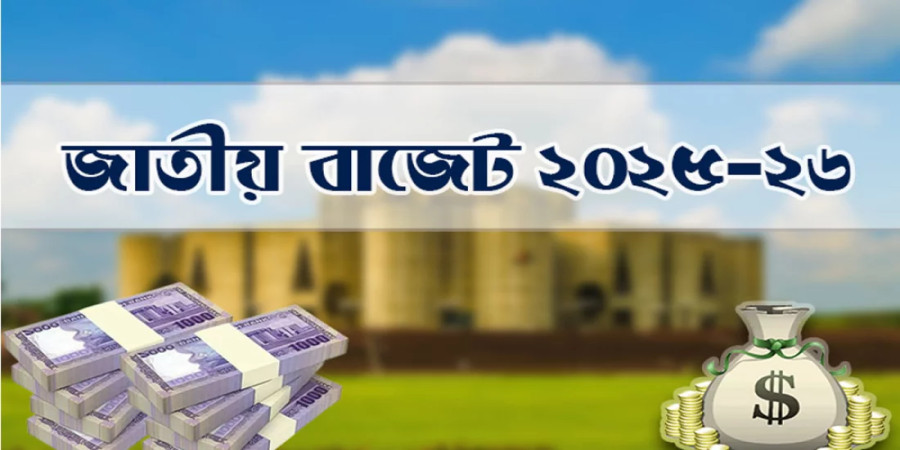
ছবি: Photo: Collected
Nearly eight months after dissolving the previous board, the government initiates the process to restore leadership at Bangladesh’s top business federation with newly appointed election and appeal boards.
The Ministry of Commerce has officially constituted an election board and an election appeal board for the upcoming executive committee of the Federation of Bangladesh Chambers of Commerce and Industry (FBCCI), the country’s premier business organization. This marks a significant step toward reinstating a full governing body for the federation, which has operated under an appointed administrator for the past eight months.
The announcement came through a formal notification issued by the ministry on Monday, June 2. According to the notification, the chairman of the election board will be Md. Abdur Razzak, Additional Secretary (IIT) of the Ministry of Commerce. The other two members of the board are Joint Secretary (IIT-2 Division) Mursheda Zaman and Joint Secretary (WTO-3 Division) Mustafizur Rahman.
In parallel, the ministry has also formed an election appeal board. Md. Abdur Rahim Khan, Additional Secretary (Export), has been appointed as its chairman. The board’s two additional members are Joint Secretary (Administration-2 Division) Tanvir Ahmed and Deputy Secretary (Export-4 Branch) Dr. Razzakul Islam.
These boards are now responsible for initiating all election-related activities, beginning with the announcement of an official election schedule. This process comes in the wake of significant reforms introduced by the Ministry of Commerce regarding the operation of trade organizations in Bangladesh. Under the updated regulations, elections are now mandatory for every executive position. The size of the executive board has been reduced by half, and a new clause prevents any individual from serving more than two consecutive terms.
This reform initiative is part of a broader governmental effort to restructure and bring greater accountability to trade bodies. However, despite a directive for elections to be held within 120 days of the appointment of an administrator, the process has been delayed. The current timeline suggests the election will take place nearly eight months after the original board’s dissolution.
The FBCCI’s previous executive board faced considerable criticism and internal pressure, particularly following the political upheaval of August 5, when widespread student and citizen protests triggered a shift in national governance. In the aftermath, several board members with close ties to the ruling Awami League resigned. Subsequently, FBCCI President Mahbubul Alam also stepped down in response to demands from segments of the federation’s membership.
On September 11, the government formally dissolved the board and appointed Md. Hafizur Rahman, a member of the Bangladesh Competition Commission, as the administrator. His mandate was to oversee the daily functions of the FBCCI and ensure a smooth, neutral election within four months. However, administrative and procedural delays extended the interim period well beyond the initial target.
During this period of leadership vacuum, the FBCCI has been criticized for its diminished role in representing the business community’s interests. While the administrator has handled day-to-day operations, the federation has remained largely silent on broader policy matters. This was particularly evident during the presentation of the 2025–26 national budget by the interim government on June 2. In contrast to previous years, the FBCCI offered no public statement or feedback on the budget, a break from its traditional role as a vocal stakeholder in economic policy discourse.
The prolonged reform process and absence of an elected board have led to growing frustration among the country’s business leaders. Many believe that the FBCCI, once seen as a critical bridge between the government and the private sector, has been unable to effectively advocate for the interests of its members during this transitional phase. The inability to utilize the federation as a platform for voicing business concerns has further deepened dissatisfaction.
With the newly formed election board now in place, attention turns to the announcement of the election schedule and the resumption of normal activities at the FBCCI. The upcoming election is expected to bring fresh leadership and potentially redefine the organization’s role in national economic affairs. For now, however, the focus remains on completing the transition with transparency and accountability, as outlined by the Ministry of Commerce’s reformed trade organization guidelines.
repoter





